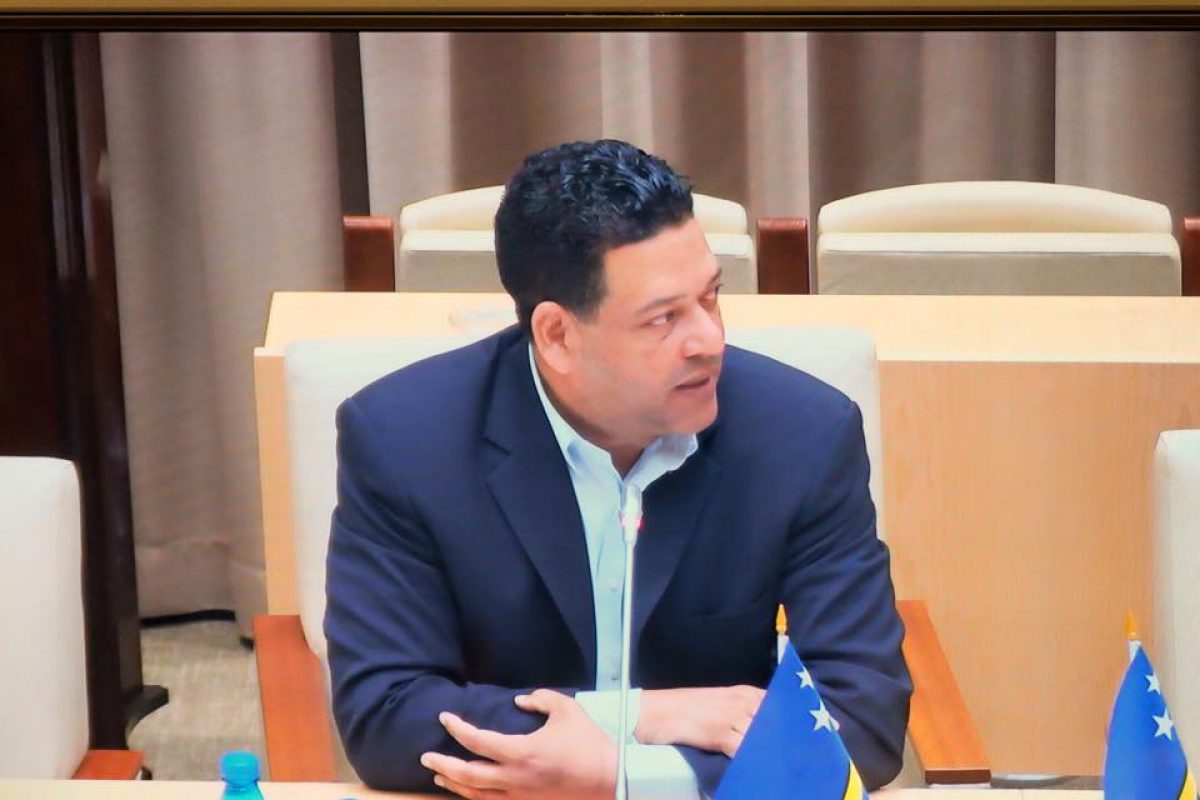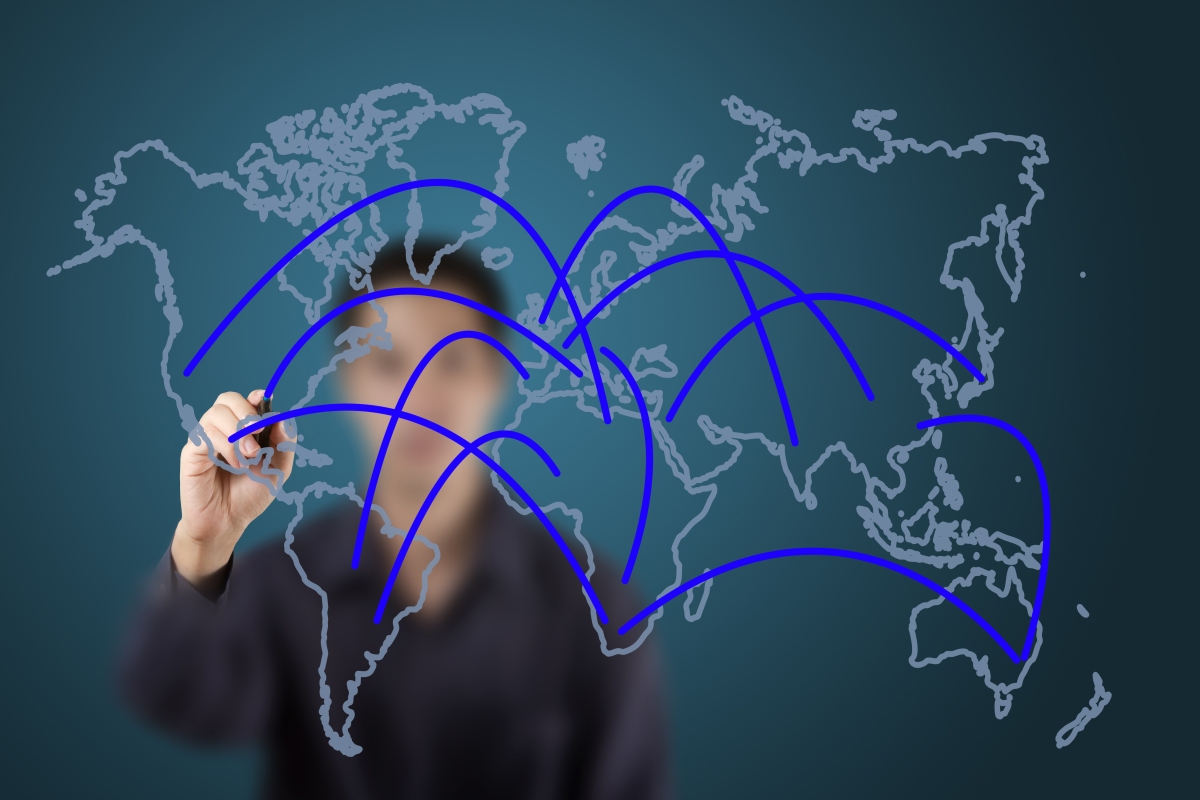Summary in Papiamentu below
According to the World Trade Organization (WTO) there are 524 trade agreements in existence. Curaçao has none and is among a handful of nations without one. A trade agreement means that participating countries phase out tariffs on merchandise trade, reduce restrictions on trade in services and foreign investment. These agreements provide for trade and (well paid) jobs.
Not only don’t we have trade agreements but we are unable to enter into one. This because we have broken our international obligations and could easily face sanctions by (members of the) WTO which could end up costing us millions. No country will even negotiate with Curaçao knowing that we are noncompliant. This is a big obstacle since our products and services face higher tariffs and restrictions compared to others, making us less competitive.
Reason for our trade isolation and noncompliance stems from the 70s when we introduced a very strict protection policy with levies of up to 90%. These protected businesses -not having to worry with competition- raked in millions, costing consumers dearly. While protection in those days was used in some countries to temporarily stimulate infant industries, here it lasted for more than 40 years and became a ‘right’ protected by some politicians. On the eve of the creation of the WTO in 1994 we were told in Marrakesh that we were violating our GATT (General Agreements on Trade and Tariffs) agreements from 1948. No steps were taken to correct this however.
In 2005, the first decision I took as Minister of Economic Affairs was to scrap protection. Many don’t realize how harmful this policy was for the economy. We protected an internal market of 165,000 for decades instead of looking for export markets via trade agreements. The price we are still paying for this failed policy is trade isolation and possible sanctions.
The first priority is to renegotiate with our partners in order to ensure that our trade regime complies with international trade principles. In the recent past I held two high-level meetings with the Office of the United States Trade Representative (USTR) to resolve this matter. Insiders have indicated that the government of Curaçao (GoC) is not going to build on the progress made, but will opt for a different path which is complicated and risky. We should bear in mind that missteps at this stage can be costly as we could face penalties from our international partners. To make matters worse it seems that the GoC is being ill-advised to start seeking a direct WTO-membership for Curaçao replacing our current status as WTO-member via the Kingdom of The Netherlands. An independent WTO membership is a decision taken in 1998. I do not think a change of status is a priority now and the GoC should review this 20-year-old decision. In any case we should not be poking sleeping bears, especially not at this stage. But most importantly, let us realize we are in desperate need of new trade opportunities. We cannot stay isolated in a world with an ever-growing amount of trade agreements. We must get this one right.
RESUMEN NA PAPIAMENTU
Mientras tin 524 tratado komersial den mundu, Kòrsou no tin ni unu. Un tratado komersial entre dos o mas pais normalmente ta eliminá derechi di importashon i otro tipo di restrikshon di partisipantenan. E di tratadonan aki ta stimulá komersio, krese ekonomia i krea empleo.
Kòrsou no solamente no tin tratado komersial, pero no por drenta unu tampoko. Esaki pasombra nos no ta kumpli ku nos obligashonnan internashonal den Organisashon Mundial di Komersio (WTO). Ta nifiká ku ningun pais ta sikiera sinta ku nos na mesa di negosashon mientras nos no ta kumpli ku WTO. Banda di no por tin tratado komersial, nos pais ta kore riesgo ku (paisnan afiliá na) WTO por imponé sankshon komersial riba nos pais pa motibu di nos inkuplimentu. Sankshonnan ku por kosta miónes.
Nos a faya ku nos obligashon pa motibu ku nos a introdusí maneho di protekshon di merkado den añanan 70 sin tene kuenta ku reglanan vigente. Protekshon di merkado no ta apnormal i hopi pais a usa esaki pa stimulá industriánan den nan promé fase di eksistensia. Serka nos e maneho a dura mas ku 40 aña i na lugá di ta un estímulo, e a bira un derechi. Hopi doño di e kompanianan protehá -ku no tabatin mester a prekupá ku kompetensia- a bira riku riba lomba di e konsumidó ku den sierto kaso a paga un rekargo di 90% èkstra riba e produkto protehá. Ku e maneho di protekshon a skohe pues pa konsentrá riba nos merkado interno chikí enbes di buska eksportashon.
E promé akshon ku mi a tuma na na 2005 komo Minister tabata pa eliminá protekshon. Nos prioridat aktual ta pa renegosiá ku WTO e obligashonnan ku nos a violá. Na dos okashon mi a sinta ku e outoridatnan Merikano di e Office of the United States Trade Representative i a logra basta progreso. Ta resultá awor ku Gobièrnu ta bai reinventá e wil i start un proseso nobo i kompliká di renegosashon. Tambe Gobièrnu ke na e momentunan aki start e proseso pa kambia nos status denter di WTO. Awor aki nos ta miembro di WTO via Reino Ulandes. Ke hasi Kòrsou un miembro independiente. Un kambio no solamente ta largu, pero por ‘lanta kachónan na soño’ lokual por pone paisnan realisá ku pa hopi aña nos a violá reglanan internashonal i konsekuentemente imponé sanshon riba nos ku lo kosta nos ekonomia. Pero mas tur tur kos, e preis di mas haltu ku nos lo paga pa no finalisá e proseso di renegosashon ku WTO, ta isolashon komersial, oprotunidat pèrdí pa eksportá, krese nos ekonomia i krea kupo di trabou. No tin espasio pues pa nos faya den e proseso aki.


Alex, you indicate in this article to the fact that the GOC opted for a different path that is “complicated and risky”. Can you elaborate what this different path is, and why it’s complicated and risky ?
LikeLike
The path we are on, doesn’t take into consideration that we are now a new country. It is a renegotiation of the Netherlands Antilles schedules of 1947-1948! It’s not clear what ki d of modality we are considering: ‘product by product or a multilateral procedure’. This process is not transparent. For more te hini al info, see Article XXVIII GATT/ WTO. This does not only apply only to goods (GATT) but also services (GATS).
LikeLike